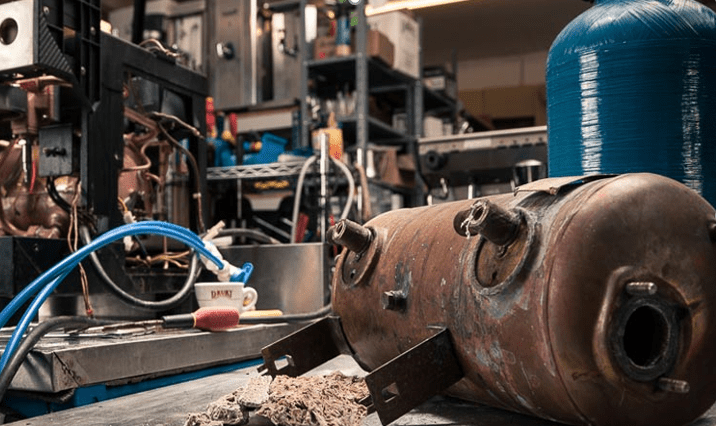The degree of hardness in a water source is determined by its level of positively charged ions such as calcium and magnesium. These ions usually find their way into a water source by slowly dissolving and leeching over time from minerals such as calcite and gypsum that are found in aquafers, bores, river systems, and other natural water collection points. Water hardness is broken down into two types, where each type is determined by the specific mineral content and amount found within the location of the water collection point.
The first type of water hardness is temporary hardness. Temporary hardness is predominantly caused by the presence of calcium bicarbonate and magnesium bicarbonate. Once dissolved, these minerals will release calcium and magnesium cations as well as bicarbonate anions. Whilst these minerals make







